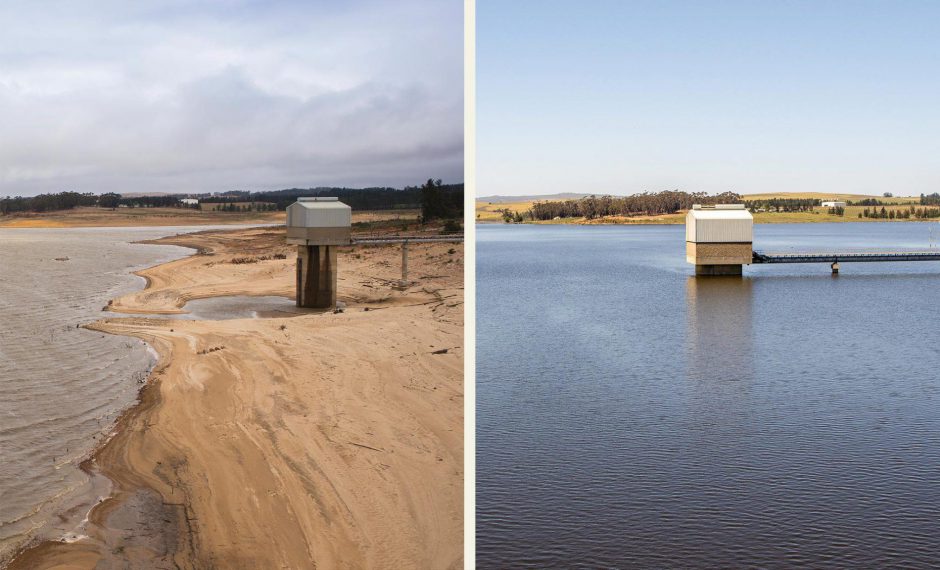In 2018, South Africa & the world was introduced to the concept of “Day Zero”. This phrase came to represent the countdown to the day the city of Cape Town would run out of water and all taps would run dry. This catastrophic event would also mark the day that the first major city in the world would run out of water. Following 4 years of severely reduced rainfall, in the summer of 2018 the city had reached breaking point. The residents of Cape Town were told that should collective dam levels reached below 13%, level 7 water restrictions would be implemented, municipal water supplies would be switched off and everyone would need to queue for daily water rations.
Conserving Water
Two years later and it’s hard to believe the incredible turn-around that has transpired. As of 7 December 2020, Cape Town’s dams are 96.8% full and all water restrictions were lifted from 1 November 2020. The strict water restrictions, infrastructure changes as well as above average rainfall in 2019 and 2020 have resulted in day zero being a thing of the past.
Before we celebrate too quickly, it is important to take note of what actions were implemented which facilitated the drastic saving of water resources. At the peak of restrictions, the following was in place:
- 90sec showers;
- Utilising “grey-water” for toilets;
- Closed swimming pools;
- A limit of 50 litres (roughly 13 gallons) for daily use (cooking, drinking, washing etc).
Galvanised, the residents of Cape Town rose to the challenge and drastically changed community behaviour around this precious resource. Considering the average European uses around 144 litres of water per day and American’s use between 300 and 375 (80 – 100 gallons) litres per day, the goal of reducing usage in Cape Town is an impressive feat.
What does this mean for the future?
South Africa is a semi-arid country with low average annual rainfall. While Cape Town might have survived this drought scare, there are many communities within South Africa which are still tackling severe water scarcity and restrictions at the moment. It would be premature to think that Cape Town will not continue to experience water scarcity in the future and we encourage all visitors to continue to conserve water when coming to visit.

The Theewaterskloof Dam levels in 2018 and 2020
Water-wise in Cape Town
After surviving the drought and now coming to grips with Covid-19, Cape Town is still one of the world’s most rewarding cities to visit. With stunning beaches, glorious mountains, vineyards, penguins and more, there really is no reason to miss out experiencing the Mother City. If you are planning a trip to Africa in the near future, include this resilient and vibrant city in your itinerary – you won’t regret it.